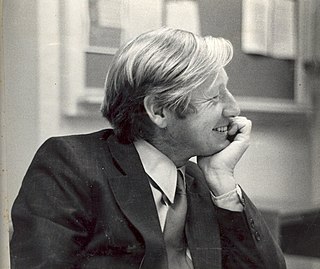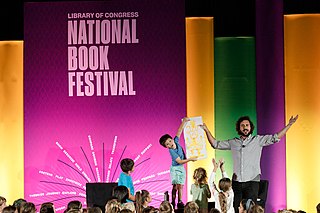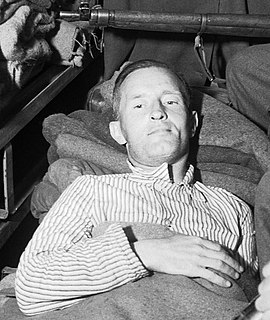A Quote by Brian Sutton-Smith
The kid who can play imaginatively doesn't tend to be violent. It's the same with adults.
Related Quotes
In 1600 the specialization of games and pastimes did not extend beyond infancy; after the age of three or four it decreased and disappeared. From then on the child played the same games as the adult, either with other children or with adults. . . . Conversely, adults used to play games which today only children play.
[E]verywhere I'm looking at kids, adults mostly don't seem to like them, not even the parents do. They call the kids gorgeous and so cute, they make the kids do the thing all over again so they can take a photo, but they don't want to actually play with them, they'd rather drink coffee talking to other adults. Sometimes there's a small kid crying and the Ma of it doesn't even hear.
When I was a kid, my parents smartly raised us to keep quiet, be respectful to older people, and generally not question adults all that much. I think that's because they were assuming that 99 percent of the time, we'd be interacting with worthy, smart adults... They didn't ever tell me 'Sometimes you will meet idiots who are technically adults and authority figures. You don't have to do what they say.
The StarTalks - while kids can watch them, they're actually targeted at adults. Because adults outnumber kids five to one, and adults vote, and adults wield resources, and adults are heads of agencies. So if we're going to affect policy, or affect attitudes, for me, the adults have always been the target population.





































